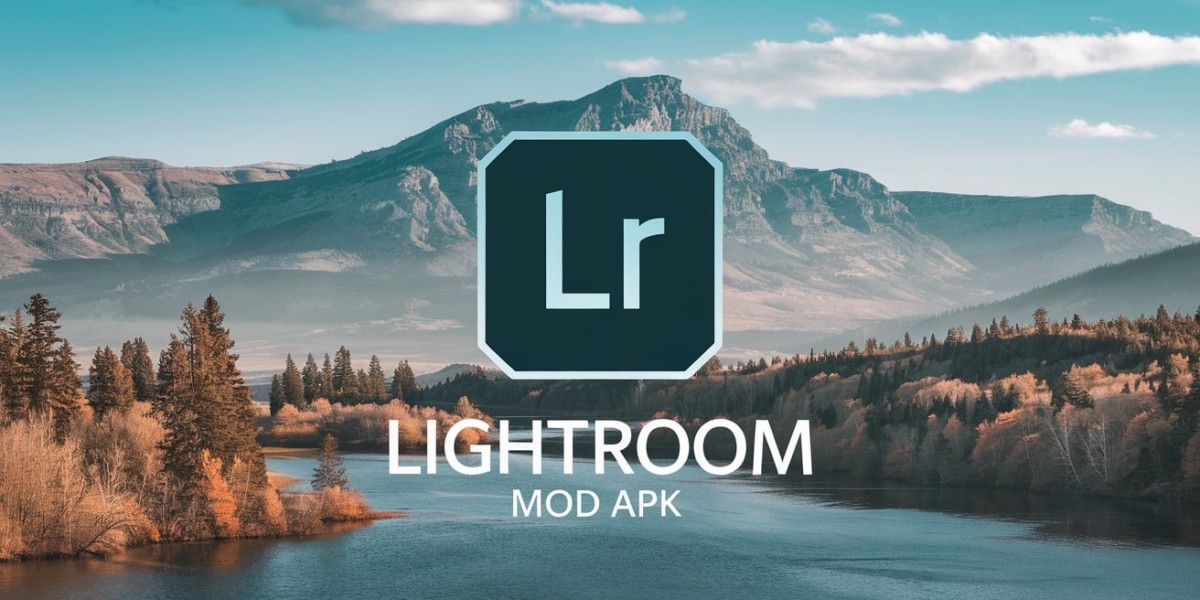Luxury Brand Name Creams: Some creams from well-known luxury brands often come with a high price tag due to their branding and packaging, but they may not necessarily offer significantly better results compared to more affordable options.
Gold-infused Products: Skincare products that contain gold particles or claim to have gold-infused benefits often come at a premium price. However, there's little scientific evidence to support the efficacy of gold in skincare beyond its luxurious appeal.
Expensive Serums: While serums can be effective for targeting specific skincare concerns, not all expensive serums deliver noticeable results. Some may contain similar active ingredients as more affordable options but are priced higher due to branding and marketing.
Celebrity-endorsed Products: Skincare lines endorsed by celebrities may attract consumers with promises of achieving flawless skin like their idols. However, the effectiveness of these products may vary, and the endorsement by a celebrity doesn't necessarily guarantee their quality.
Specialized Devices: High-tech skincare devices, such as LED masks or microcurrent devices, can be quite expensive. While they may offer benefits when used correctly, they might not always justify their high price compared to alternative skincare methods or treatments.
Limited Edition or Specialty Products: Limited edition or specialty skincare products often come with a premium price tag, but their effectiveness may not always match the hype surrounding their exclusivity.
Overpriced Cleansers: Cleansers are rinsed off the skin relatively quickly, so spending a lot on them may not always be justified. Some high-end cleansers offer luxurious textures and scents but may not provide significantly better cleansing compared to more affordable options.
Fancy Packaging: Sometimes, a significant portion of the price tag for skincare products goes towards elaborate packaging rather than the formulation itself. While aesthetically pleasing, these products may not offer superior results compared to more modestly packaged alternatives.
It's essential to research and carefully evaluate the ingredients and reviews of skincare products before making a high-end purchase to ensure they align with your skin concerns and budget. Additionally, consulting with a dermatologist or skincare professional can provide valuable guidance on the most suitable products for your skin type and concerns.
Gold-infused Products: Skincare formulations containing gold particles often boast anti-aging and skin-rejuvenating properties. However, scientific evidence supporting these claims is lacking. Gold nanoparticles in skincare are purported to have antioxidant effects and enhance skin firmness. Still, studies demonstrating their efficacy in topical applications are scarce. The high cost of gold-infused products primarily stems from the perceived luxury rather than proven skincare benefits.
Peptide-rich Serums: Peptides are short chains of amino acids that serve as building blocks of proteins like collagen and elastin, crucial for skin elasticity and firmness. High-end serums often tout peptide complexes as key ingredients for anti-aging effects. While peptides do show promise in stimulating collagen production, their effectiveness in topical formulations can be limited due to their large molecular size, hindering penetration into the skin's deeper layers where collagen synthesis occurs. Furthermore, the concentration of peptides in many luxury serums may not be significantly higher than in more affordable alternatives, making the premium price unjustified.
Plant Stem Cell Extracts: Skincare products featuring plant stem cell extracts claim to rejuvenate and regenerate the skin by harnessing the regenerative properties of plant cells. However, the efficacy of plant stem cells in skincare is controversial. Plant stem cells are often too large to penetrate the skin barrier effectively, limiting their ability to deliver tangible benefits. Moreover, the processing required to extract and stabilize plant stem cells for use in skincare products can be costly, contributing to the high price tag without substantial evidence of superior results compared to less expensive alternatives.
Exclusive Formulations with Exotic Ingredients: Some high-end skincare products boast exclusive formulations featuring rare or exotic ingredients sourced from remote locations worldwide. While these ingredients may have anecdotal or traditional use in skincare, scientific evidence supporting their efficacy is often lacking. Additionally, the cost of sourcing and incorporating these exotic ingredients into skincare formulations can drive up the product's price without necessarily translating into tangible skincare benefits.
Luxury Branding and Packaging: A significant portion of the price of high-end skincare products often goes towards branding, marketing, and luxurious packaging rather than the formulation's efficacy. Consumers may be willing to pay a premium for products associated with prestigious luxury brands or packaged in elegant containers, even if the actual skincare benefits do not justify the price. As a result, the perceived value of these products may outweigh their actual effectiveness in addressing skincare concerns.
In summary, while high-end skincare products may feature innovative formulations and luxurious packaging, their efficacy in delivering tangible skincare benefits may not always justify their premium price tags. Consumers should critically evaluate product claims, ingredient efficacy, and scientific evidence before making substantial investments in high-end skincare purchases.



